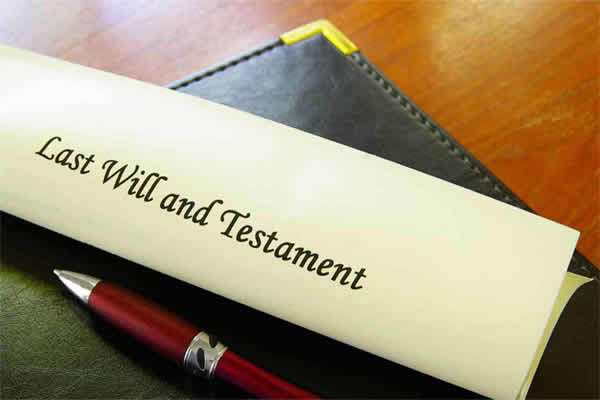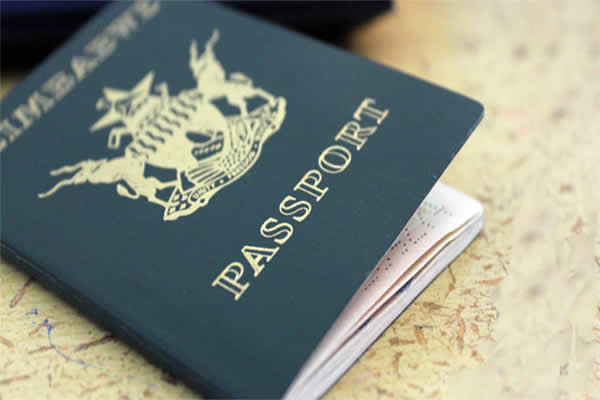Registering A Deceased Estate
Registering A Deceased Estate Steps to be taken when registering a deceased estate The death must be registered at the nearest Births and Deaths Registry and a death certificate must be obtained. The surviving spouse, or if there is no surviving spouse then a family member has to take steps to register the deceased estate. The estate should be registered at the Master of High Court’s Office or at a Magistrates’ Court depending on whether civil law or customary law applied to the deceased person. The estate has to be reported within 14 days of the death of the deceased. Upon registering, the responsible person will complete a death notice form, as well as an inventory form listing the deceased’s assets. An edict meeting will then be held, attended by at least four close relatives of the deceased, where a person called an executor will be appointed to administer the estate. Where the deceased left a will, their wishes will be respected and an executor nominated in the will shall be appointed. Where the deceased left no will, the executor will be appointed at an edict meeting. If the office of Executor is contested, the Master of High Court will appoint a neutral executor. The executor will be issued with Letters of Administration. These give the executor authority to wind up the estate. If the surviving spouse experiences problems such as property grabbing, they should immediately report the matter to the nearest police station, as the law does not permit anybody to remove any of the deceased person’s property before the estate has been wound up. These steps are by no means complete legal advice Contact us any time with any questions and set up an appointment with our lawyers for full legal advice. Call us on 04 752870
Read more


